SANG-WON YU
- Greetings/Foreword
Hello, everyone. My name is Sang-Won Yu. Today, I would like to talk about the situation of child welfare in Japan, showing some statistics and discussing my own experience as an example of the actual lives of foster youth.
- The life in an orphanage – what is orphanage like? How long didI have to stay here?
Imagine there is a child who cannot live with his parents. He or she will be saved by the child consultation center. But, you cannot stay there for a long time. He will be told by the staff of temporary
protection facility to move to a place called “yogo-shisetsu” or orphanage. But what on earth is orphanage like?
So here’s the statistics. There’re 769 orphanages in Japan. 370 of them are large-size facilities. 95 are middle-size, 114 are small-size, and 190 of them are group-homes.
Most of the orphanages are large-size. For instance, there are more than 20 children in eace of them. I also lived in a large-size facility with up to 64 children. From 3 y.o. baby to 18 y.o. youth, regardless of age and sex, children from all background
come and spend their lives together. Thanks to the facility’s budget, we didn’t have to worry about basic daily needs. Life there is fun, because it is like living in a boarding school. However, there were lots of troubles, too. Fights, quarrels and bullying amongst the children were quite frequent. Some foster youth didn’t come home by the curfew, or even escaped from the facility. Most of us had to live in a shared room. The single room was limited. Every room was narrow and too close to others, so privacy meant nothing.
Also, average foster care length is about 7 years. I also spent my life in the orphanage for 6-and-a half years. Some of us here have grown up in the foster care system since birth. Please note that adoption is rare in Japan. You can obviously see that most foster children in Japan lack a homelike environment.
- After exiting child welfare system – Life is tough without enough support
When the transition to adulthood comes closer, you have to decide what to do next.
Senior high school is not compulsory in Japan. Thus, when you have become a 9th grader, you need to decide whether to go to high school or enter the workforce. However, some children fail to pass the high school entrance exam. Even if you successfully enter a high school, you might get bad grades and drop out. If so, you won’t be able to stay in the orphanage anymore. You need to seek a job and housing without a high school diploma and guarantor. Statistics shown here say that almost 99% of foster children enter high school, but some of my friends couldn’t succeed. Also, quite a few of those who enter high school drop out. I feel that numbers shown here are too optmistic.
Even if you successfully graduate from high school, the road is still tough. Only 22.6%, about a fifth of high school graduates from the child welfare system, manage to pursue higher education. In this number, vocational school is also included, so those who enter college or university are much less. Moreover, the graduation rate could be miserable, but there’s no statistics on it.
So about 70% of high school the graduates enter the workforce. But not everyone can get decent work. Most of us are underemployed, and if you don’t have a guarantor, it will be quite difficult to seek housing and buy a cell phone. Surprisingly, 12.1% of foster care alumni receive welfare a check, based on research around the Tokyo and Osaka area, with 824 foster care alumni examined. Note that only 1.6% amongst the total population of Japan receive welfare benefit.
- Conclusion
Those who have been in the child welfare system suffer more hardship after care. Those who have fallen from a safe and comfortable environment land in the social welfare system again, but others without luck sink to the dark-side of society. I think that many youth’s chances will expand if we can make a system to grant a fair starting line to those who are in transition to adulthood.
This society is wrong – there are too many obstacles. I strongly believe that those who can stand up must make our voices heard for the sake of our own happiness, and for the right of our siblings, friends, colleagues, and all humankind .
Thank you.

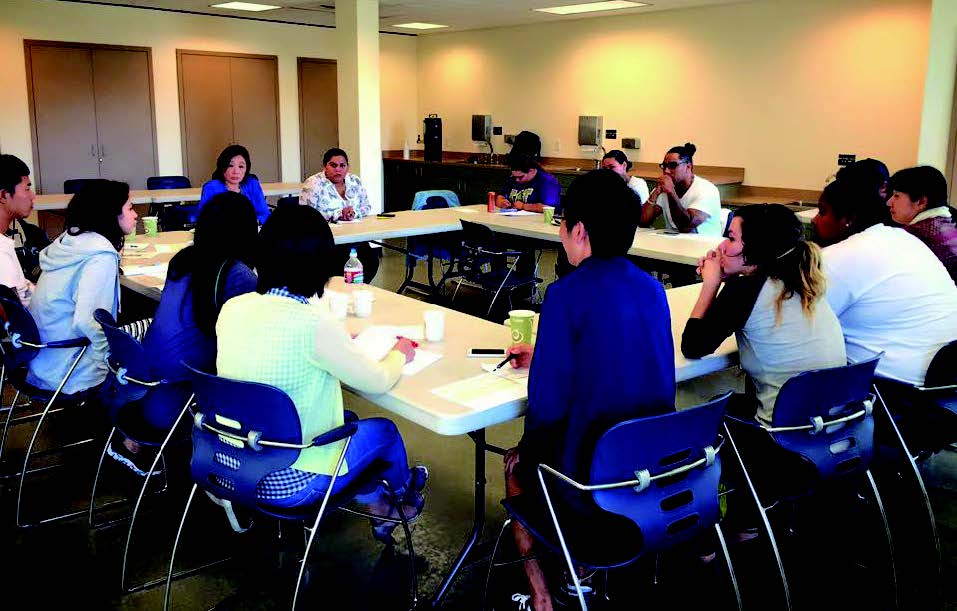
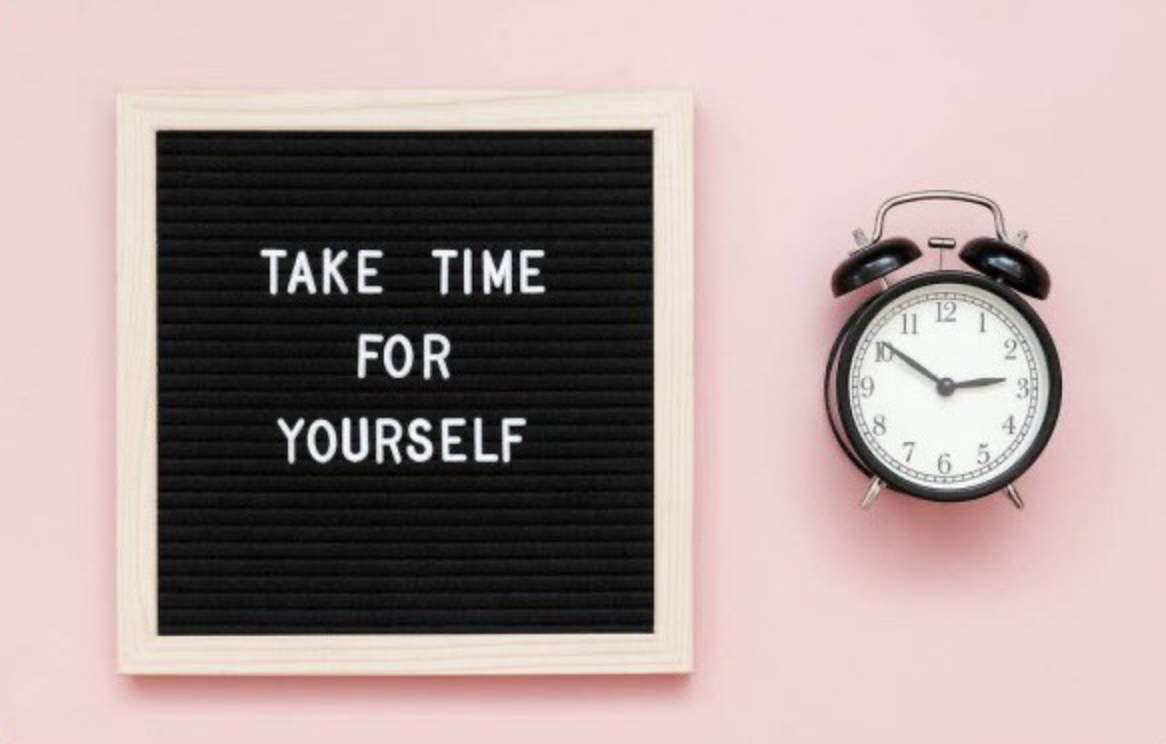
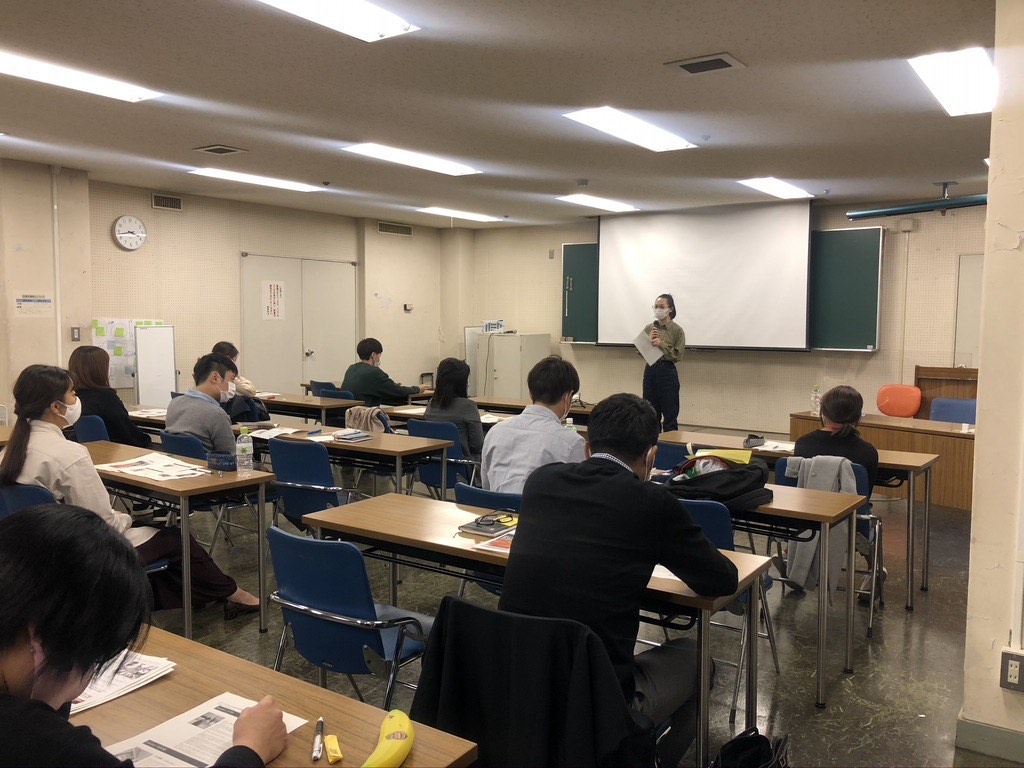

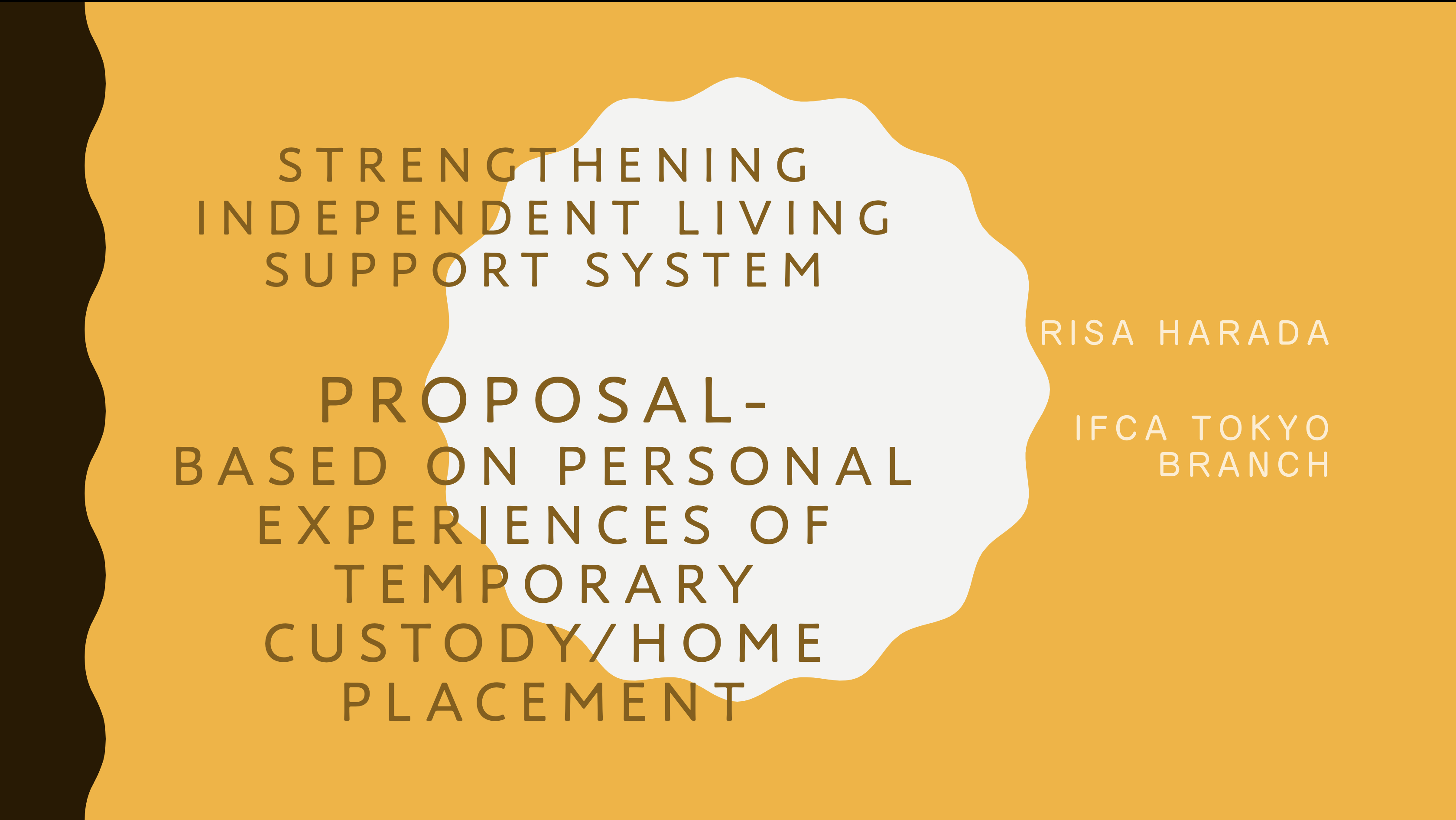
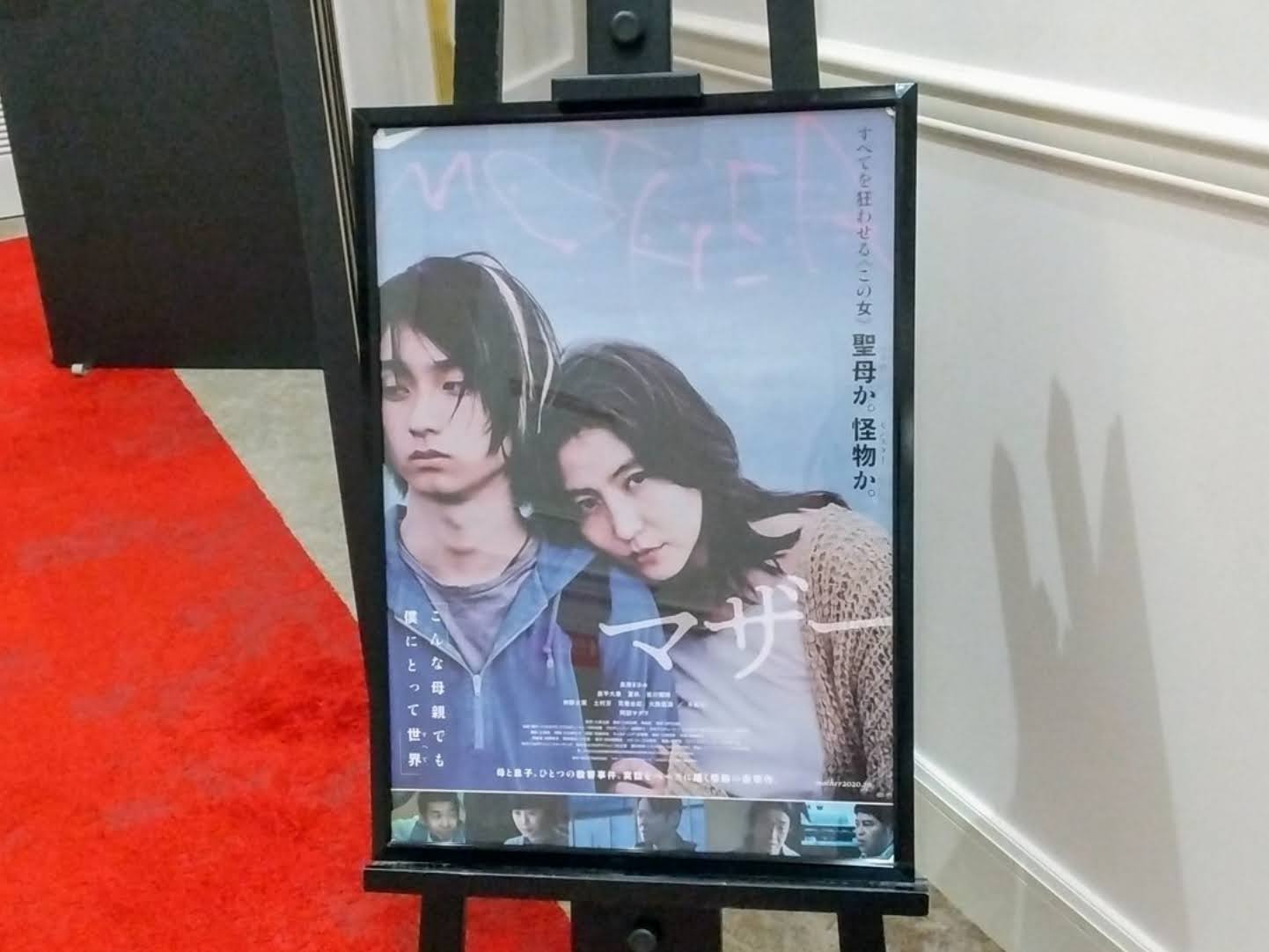

Leave a Reply